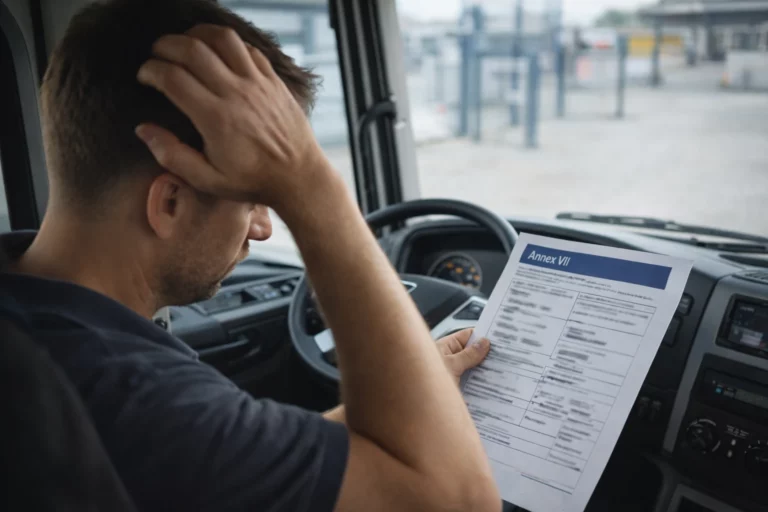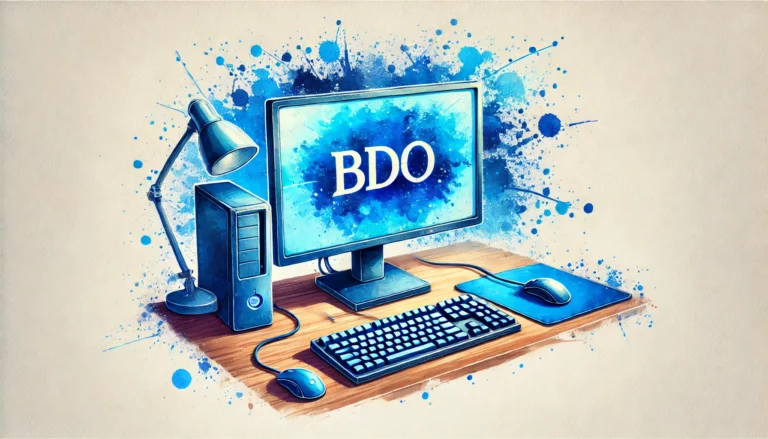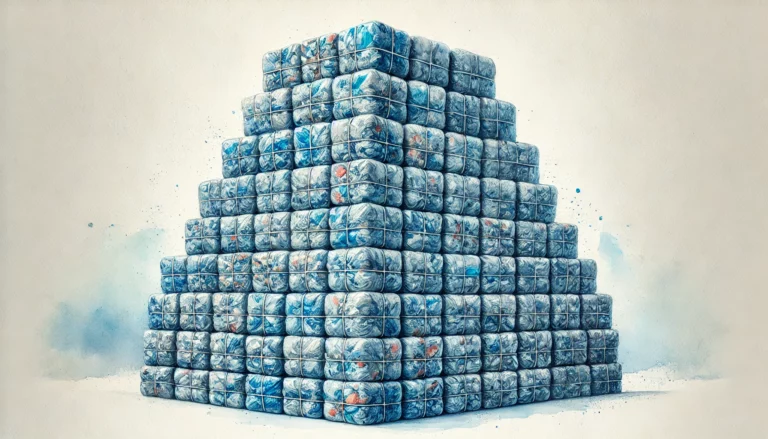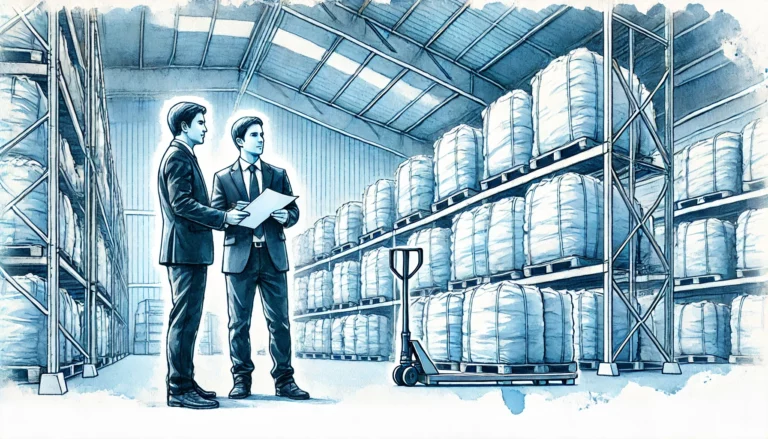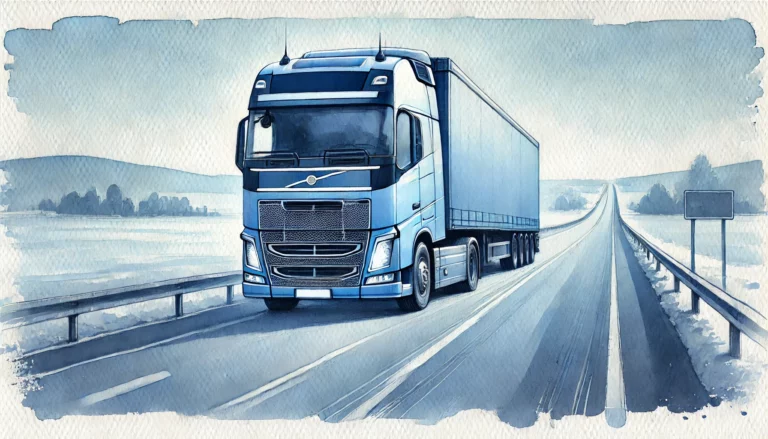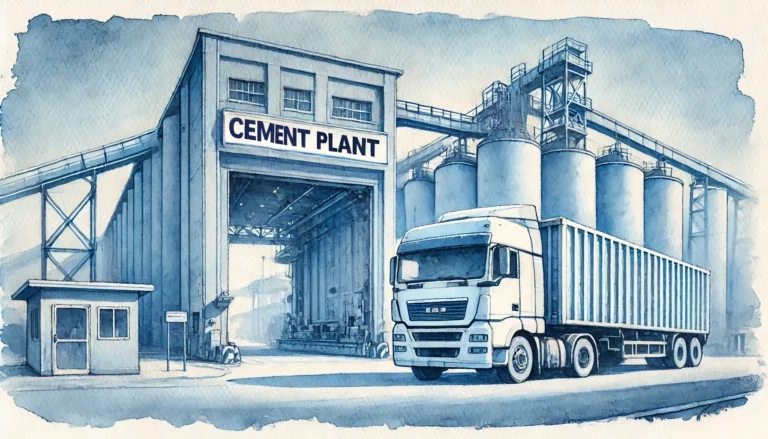When is Annex VII required? A practical guide for waste shipments
When is Annex VII required? The answer to this question seems straightforward. Yet many waste operators underestimate how decisive this document is in cross-border transport. Annex VII is not a matter of convenience. It is a matter of legal certainty, transparency, and financial risk control. Without Annex VII, a green-listed waste shipment destined for recovery…

